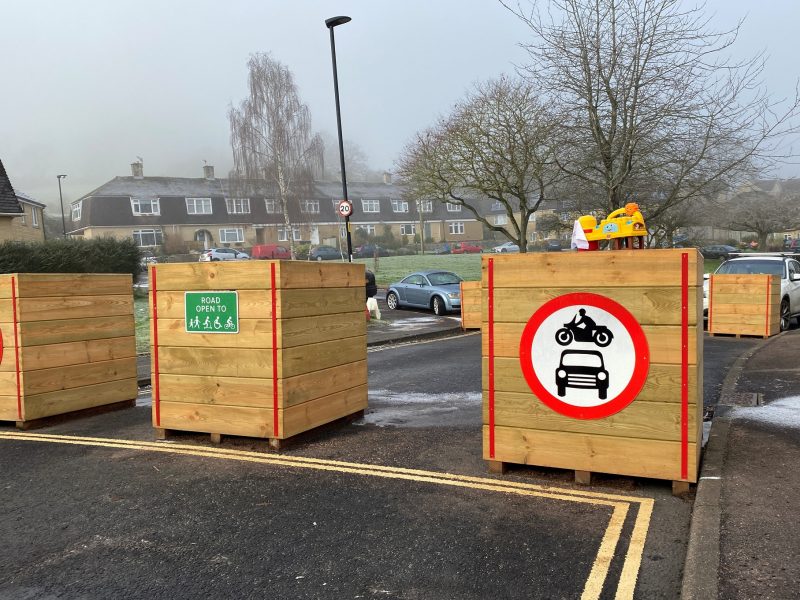By John Wimperis, Local Democracy Reporter: A top councillor on Bath and North East Somerset Council said that people had a “schizophrenic” attitude to liveable neighbourhoods, as he warned political figures in the region that the public was not on side.
The West of England Combined Authority committee on Friday Match 17 and discussed the combined authority’s climate and ecological strategy and action plan.
Speaking about liveable neighbourhoods at the meeting, deputy leader of Bath and North East Somerset Council Richard Samuel said: “The issue I wanted to highlight is that we should not underestimate the challenge we have got to carry people with us on this agenda.”
Liveable neighbourhoods and liveable — also called low traffic — neighbourhoods have been a controversial move by the council, generating opposition from some Bath locals. Last month’s budget-setting council meeting, was picketed by Bath locals both supporting and opposing the schemes.
Mr Samuel said: “In my own ward [Walcot] at the moment, I have a residents parking zone that is about to be introduced in the summer which has been not universally popular with the residents there, but also a co-terminus liveable neighbourhood proposal being worked up at the same time and what we are finding is that people are very schizophrenic about their attitude to this.
“You talk them about climate change and they say: “Yes, of course I support this. […]” And then when you start to introduce the solutions to that, in terms of limitations on vehicle parking and so on, suddenly it’s not so good for them.
“So there is a big piece of work to be done alongside these ambitions to carry people with us, because if we are constantly having to battle against residents when we want to introduce something that ultimately is beneficial, then it is going to be much harder.”
Mr Samuel added: “People think it’s the council trying to make money, or we are trying to stop people exercising their liberties, or things like that.”
The residents parking zone in Walcot was opposed by 70% of the people who responded to the consultation.
Some locals have formed a campaign group — calling themselves 70% after this statistic — to continue to oppose the scheme.


